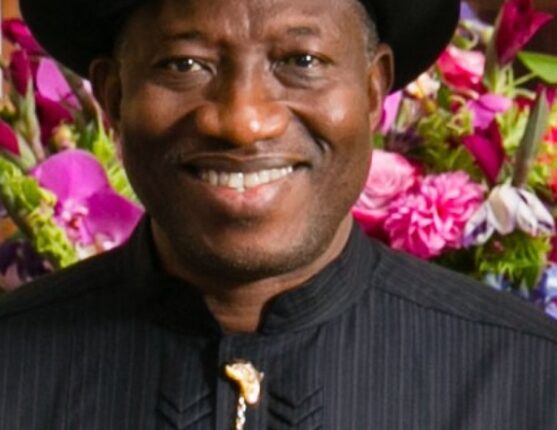Jonathan trapped in chaos as Guinea-Bissau military tears down Democracy, shuts Borders
Former Nigerian President, Dr. Goodluck Jonathan, has been left stranded in Guinea-Bissau after the country’s military toppled the government, seized all state institutions, and sealed the nation’s borders in a rapid and forceful takeover that has thrown the West African nation into constitutional darkness.
Jonathan, who led the West African Elders Forum (WAEF) observer team for the presidential and parliamentary elections, was preparing to depart the country when heavily armed soldiers announced they had taken “total control of the state.” The junta, calling itself the High Military Command for the Restoration of Order, has suspended the entire electoral process, imposed a strict overnight curfew, and shut land, air, and sea borders—leaving hundreds of foreign observers trapped.
The coup erupted while the nation awaited official results, following competing victory claims by incumbent President Umaro Sissoco Embalo and opposition candidate Fernando Dias. In a dramatic statement to France24, Embalo admitted, “I have been deposed,” confirming he was being held at the military headquarters. Influential opposition figure Domingos Simoes Pereira was also reportedly detained.
Coup leader Denis N’Canha, the powerful head of the presidential guard, is believed to be moving to cut off nationwide internet access, further tightening the military’s grip on the crisis.
Before the coup unfolded, Jonathan had shared updates on his observer mission, including visits to polling stations and a condolence visit to the family of former First Lady Isolina Da Fonseca Nhamajo. Attempts to reach his spokesman were unsuccessful, but his former aide, Ima Niboro, confirmed that Jonathan is “safe but trapped with other election monitors” as the junta tightens its blockade.
In a joint, strongly worded statement from Jonathan and other African leaders still trapped in Bissau, they condemned the military intervention, warning that it “undermines the democratic process and threatens the stability of the entire subregion.” The leaders urged ECOWAS and the African Union to intervene immediately, demanded the release of detained electoral officials, and appealed for calm among citizens while efforts intensify to restore constitutional rule.
The situation in Guinea-Bissau remains volatile, with fears mounting that the junta may attempt to solidify indefinite control as international pressure builds.

